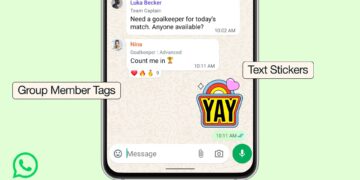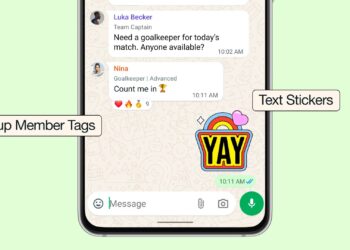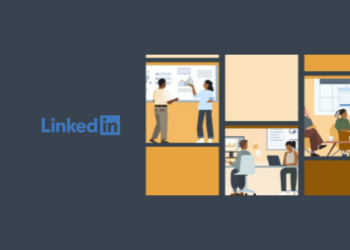Boston’s prominent CRM and marketing player, HubSpot, has unveiled an ambitious AI game plan, aptly termed HubSpot AI. This strategic move, presented during its Inbound customer conference, aims to weave artificial intelligence throughout its platform, reshaping the user experience. HubSpot’s journey with AI is not a new one, but the recent ascendance of ChatGPT has invigorated the company to adopt a more extensive approach.
Dharmesh Shah, the company’s CTO and co-founder, believes that the advent of generative AI will recalibrate our engagement with software, heralding a transformative shift. “Generative AI,” he remarked, “will revolutionize product creation and value generation for clients.” With such a vision, HubSpot is striving to be at the forefront of this transformation.
Andrew Pitre, HubSpot’s EVP of product, highlighted that HubSpot AI’s core mission is to streamline processes for sales professionals and marketers. The expansive content reservoir, encompassing numerous blog posts and materials curated by users on HubSpot, offers rich training data for their AI models. Furthermore, Pitre emphasized the system’s innate capacity to comprehend a business’s nuances and tone. By assimilating this myriad of content and data, the AI can decipher the contextual essence behind a user’s request.
Moreover, HubSpot’s vast CRM database offers insights into clientele demographics, purchase records, and customer interactions. This treasure trove of information equips the system to discern customers more effectively.
HubSpot AI’s strategy unfolds in four dimensions, the first being content assistants. These utilities, engineered to guide users contextually across the platform, facilitate content generation tailored to user requirements. Whether it’s crafting a blog post, designing marketing campaigns, or creating images, these tools, which are at various development stages, aim to enhance user productivity.
For marketers, HubSpot’s foray into AI signifies a pivotal moment in CRM and marketing tech. As AI and marketing converge, the landscape promises a future of heightened personalization, efficiency, and user-centric innovations.




















































